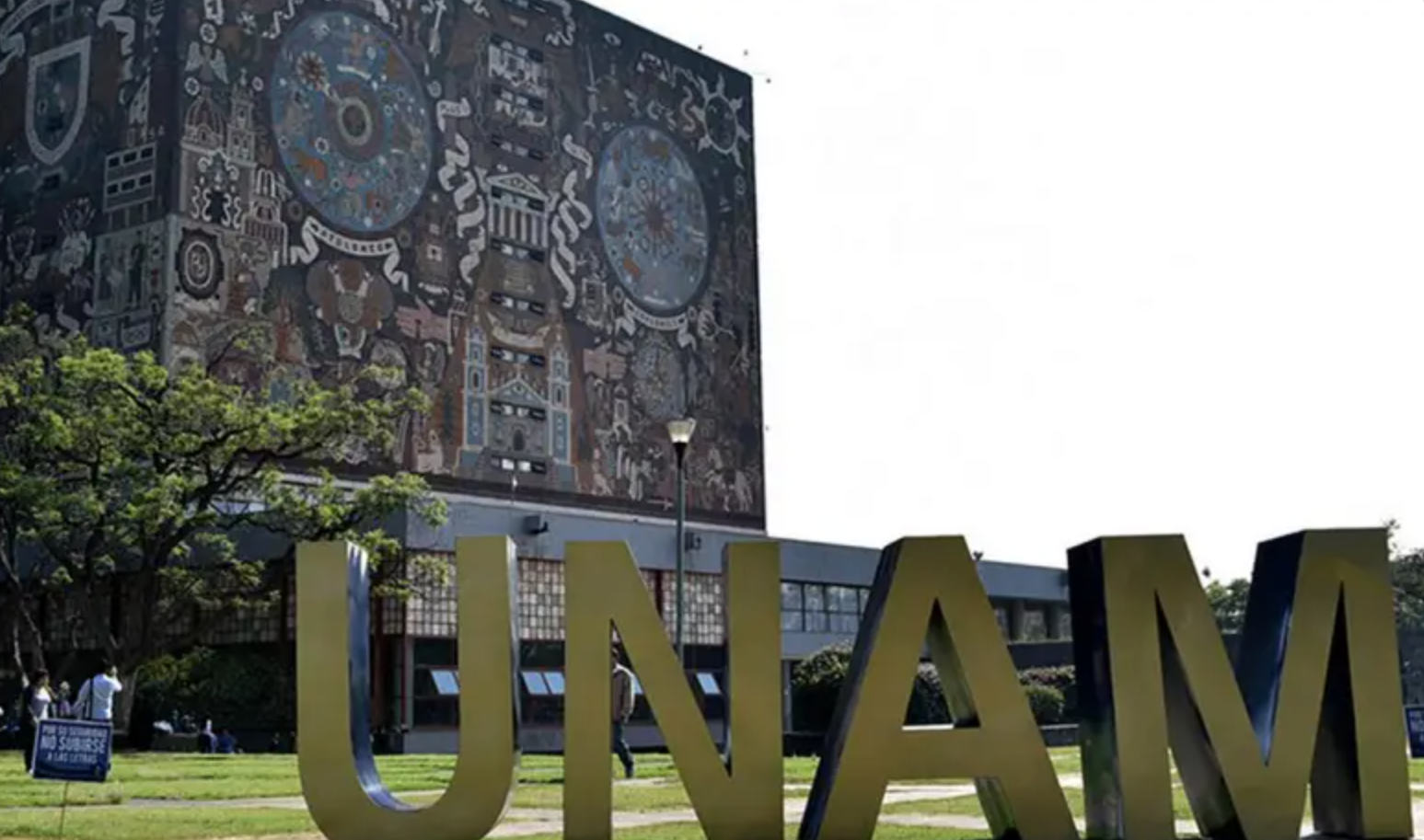Armando Contreras Castillo, a Morena federal representative, presented an initiative to reform the Organic Law so that the next election of the rector of the National Autonomous University of Mexico (UNAM) will not be held as has been the case since 1945. Since then, the election has been carried out through a governing board that has guaranteed stability to the highest house of studies of the Mexican people.
The initiative states the following: “The person in charge of the Rector’s Office will be elected by the university community through a direct election and universal, free, secret, personal, and non-transferable suffrage, in accordance with the procedures established for such purpose by the University Council, which must guarantee the principle of gender parity”.
In addition, the initiative, which was neither discussed nor published in the Parliamentary Gazette, much less published in the Official Gazette of the Federation (DOF), states that at least momentarily it cannot be applied in the next process of renewal of the rector who will lead the institution between 2023 and 2027.
The argument put forward by the representative to promote the initiative, which immediately provoked social and political reactions against it, was that “the governing board has become an instance impermeable to the generational renewal of social and government institutions, consolidating itself as a factor of political immobilism”. However, what is not pointed out is that this body is composed of 15 distinguished members of the academic community who are elected by the plenary session of the university council and, only on specific occasions, by the board itself, and its main powers include appointing the rector and the directors of faculties, schools, and institutes.
It should also be remembered that those elected to the board as well as the rectors and directors must meet the same requirements: to be “older than 35 and younger than 70 years of age, possess a university degree higher than a bachelor’s degree, have distinguished themselves in their field of specialization, provide or have provided teaching or research services to UNAM or have otherwise shown interest in university affairs and be generally esteemed as an honorable and prudent person”.
Roughly speaking, UNAM currently has around 360,000 students, 43,000 academics, and 33,000 administrative employees. So, holding direct elections as proposed would require a great mobilization of logistics and resources. Furthermore, if the idea is approved, it would displace this indirect vote with a direct one, thus replacing a substantive vote with another marked by popularity. A Facebook message reads: “The election of a rector should be based on academic criteria and not on popularity. A university is not a republic”.
Morena has its sights set on the UNAM, and on different occasions, President Andrés Manuel López Obrador has slammed it in the media with the ideological argument that it is a conservative and neoliberal institution, which could explain the reason for the congressman’s proposal.
In view of Morena’s difficulties to impose its political will through institutional channels, it is trying to do so through a “direct election and universal, free, secret, personal and non-transferable suffrage. In this way, promote like-minded candidates in the highest house of studies and also in the rest of the public universities of the country.
Currently, for example, in the public universities of the state of Sinaloa, the Government and the local Parliament, dominated by Morena, are carrying out a trial to not only impose this type of “democratic” vote but also for the State Congress to perform financial auditing tasks, university consultations and presentations of senior university officials before the local representatives’ plenary. This has caused the Autonomous University of Sinaloa to file an injunction through university counselors, which led a judge to grant a provisional suspension in the application of the State Higher Education Law.
It is evident that Morena’s interest, both in UNAM and in the provincial universities, is eminently political. There is no academic interest: the objective is to control the institutions, and with the universal vote of students and academics they seek to capture these institutions, which would end up strongly damaging university autonomy.
Fortunately, the Sinaloa issue is on its way to the Nation’s Supreme Court of Justice, where the eleven justices who have endorsed the compliance and enforcement of the Constitution will have to interpret and resolve the Sinaloa reforms. The outcome will apply to the rest of the public universities.
*Translated from Spanish by Janaína Ruviaro da Silva













